
How to Put Weight on an Old Horse. As a horse ages, it becomes more difficult to maintain a healthy weight. It is important to change your feeding habits to help your old horse gain weight. A horse's digestive system requires hay, water and minerals to operate properly. When the system lacks any of the requirements, your horse may lose weight. Also, parasites, both internally and externally, play a role in a horse's health. Preventative care is necessary to keep your horse healthy, because it is easier to keep weight on a horse than it is to add weight after it's lost.
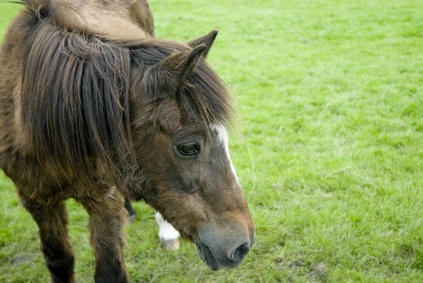
Exercise parasite control. Use a dewormer for your older horse that kills internal parasites, such as bots and worms. Keep the environment and water supply clean to prevent the growth of external parasites.
Float, or file, your horse's teeth. A horse's teeth grow constantly, causing them to develop sharp edges. The sharp edges cause your horse pain when chewing, which makes it eat less and lose weight. A veterinarian or equine dentist can float your horse's teeth, which can help an old horse gain weight.
Feed an unlimited amount of clean hay to an old horse. A horse's digestive system is designed to take in a large amount of fiber and water on a daily basis. Providing your older horse with an unlimited supply allows him to graze and gain weight.
Provide a high-protein feed specifically created for a senior horse. As a horse ages, the need for protein increases. A quality feed with 16 to 22 percent protein content will put weight on your older horse. Feed it three small meals so the digestive system can better absorb the protein.
Supply your old horse with a mineral block and an unlimited supply of clean water. The mineral block helps your old horse maintain a healthy level of salt and minerals, making it more likely to maintain a healthy weight.
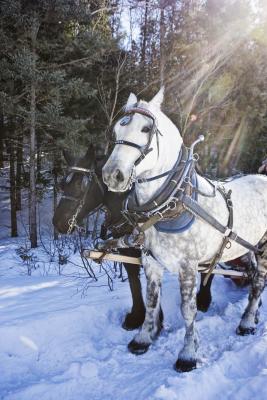 How to Feed Your Horse
How to Feed Your Horse
How to Feed You
How to Feed Your Horse
How to Feed Your Horse
How to Feed You
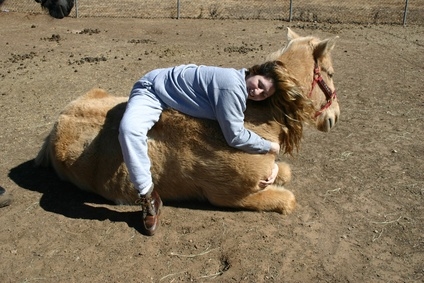 How to Make Your Horse Love You
How to Make Your Horse Love You
How to
How to Make Your Horse Love You
How to Make Your Horse Love You
How to
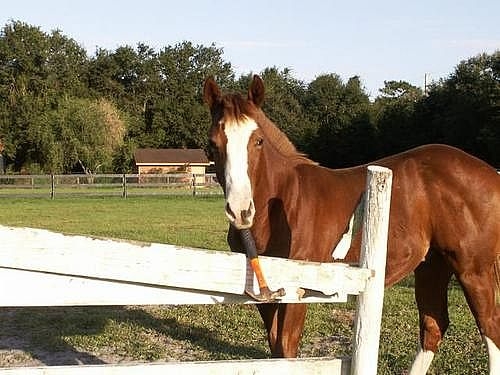 How to Build Horse Fences
How to Build Horse Fences
How to Build
How to Build Horse Fences
How to Build Horse Fences
How to Build
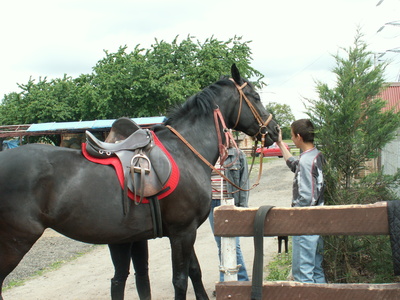 What Are Some Things You Can Do to Show Your Horse That You Are the Boss?
What Are Some Things You Can Do to Show Your H
What Are Some Things You Can Do to Show Your Horse That You Are the Boss?
What Are Some Things You Can Do to Show Your H
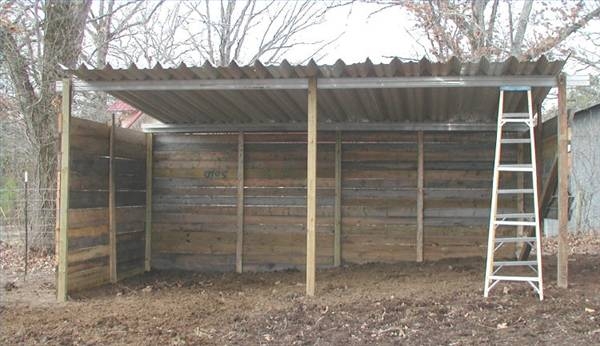 How to Build a Single Horse Barn
How to Build a Single Horse Barn
How t
How to Build a Single Horse Barn
How to Build a Single Horse Barn
How t
Copyright © 2005-2016 Pet Information All Rights Reserved
Contact us: www162date@outlook.com